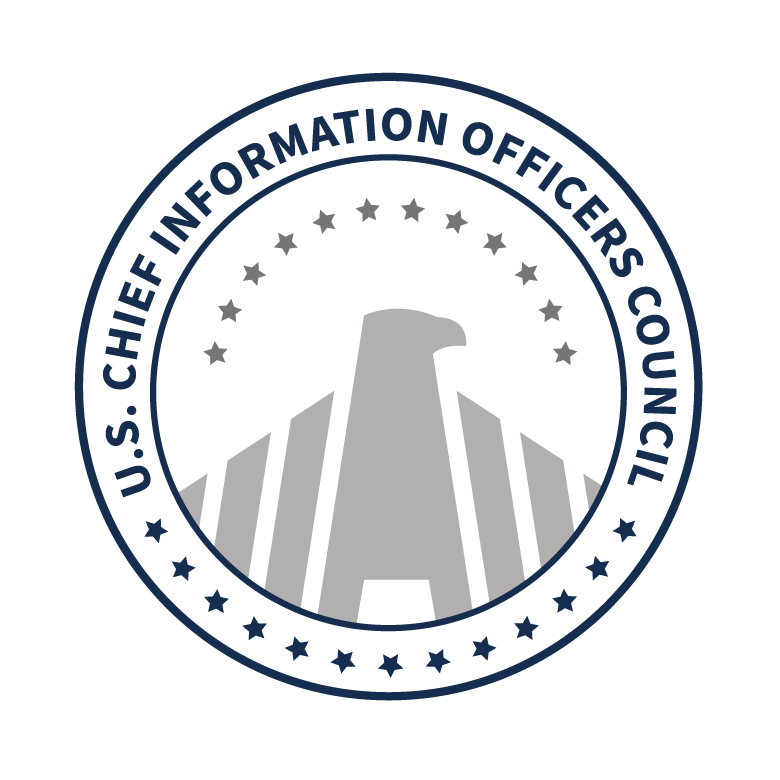1.8.1 Agency IT Authorities – Laws and Executive Orders
This section consists of IT authorities assigned to agencies in laws and executive orders which directly or indirectly task the CIO with duties or responsibilities pertaining to information resources and data. The statutory language is directly pulled from the applicable laws and executive orders. In most cases, the heads of agencies delegate all IT management responsibilities to the CIO, but some functions are explicitly assigned to more than one person (e.g. the CIO in consultation with the CFO). See individual agency policies to determine how instances of dual responsibility are implemented and executed, and what tasks (if any) are required of the agency head but not delegated to the CIO.
Agency Commitments to Records Management Reform
The head of each agency shall:
- Ensure that the successful implementation of records management requirements in law, regulation, and this memorandum is a priority for senior agency management;
- Ensure that proper resources are allocated to the effective implementation of such requirements; and within 30 days of the date of this memorandum, [should have designated] in writing to the Archivist of the United States (Archivist), a senior agency official to supervise the review required by subsection (b) of this section, in coordination with the agency’s Records Officer, [CIO], and General Counsel.
Within 120 days of the date of this memorandum, each agency head [should have submitted] a report to the Archivist and the Director of [OMB] that: (44 U.S.C. Chapter 31. § 3101. Title 44 Public Printing and Documents.)
- Describes the agency’s current plans for improving or maintaining its records management program, particularly with respect to managing electronic records, including email and social media, deploying cloud-based services or storage solutions, and meeting other records challenges;
- Identifies any provisions, or omissions, in relevant statutes, regulations, or official NARA guidance that currently pose an obstacle to the agency’s adoption of sound, cost-effective records management policies and practices; and
- Identifies policies or programs that, if included in the Records Management Directive required by section 3 of this memorandum or adopted or implemented by NARA, would assist the agency’s efforts to improve records management.



